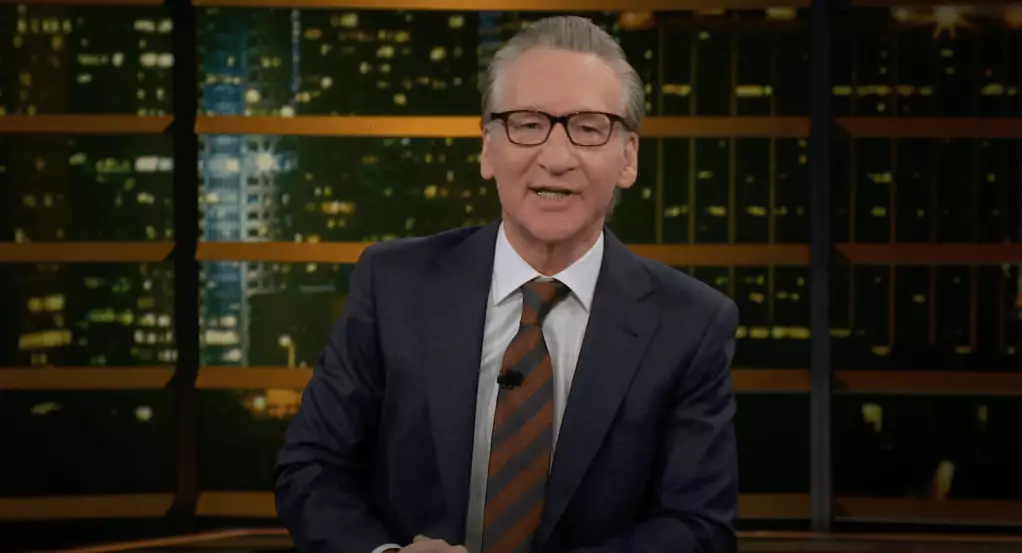The finale of Season 22 of *Real Time With Bill Maher* served as both a comedic capstone and a scathing critique of political figures who have dominated headlines. Maher, known for his sarcastic humor and fearless commentary, employed his signature style to dissect the newly appointed cabinet members selected by former President Donald Trump. This article will delve into Maher’s punchlines while analyzing their underlying messages regarding the current state of political affairs.
From the outset, Maher embraced irreverence as he launched into a joke referencing Trump’s infamous Access Hollywood tape, setting the tone for a performance brimming with unapologetic satire. By remarking, “The Republicans, man, when they take power, they grab it by the pussy,” Maher illustrated an alarming truth about the assertive nature of political power dynamics, especially among GOP members. His audacity to recount such jokes reflects both a strategy to engage viewers and a criticism of the tactics that many politicians utilize to wield influence. The humor, albeit controversial, serves as a lens through which the audience can dissect the changes brewing in the political arena.
Maher’s quip about the election of the first transgender representative, only to have her restroom rights denied by her fellow Republicans, highlighted the irony and hypocrisy pervading contemporary politics. While some progress has ostensibly been made, Maher’s humor underscores a disheartening reality: that for some, acceptance is shallow, and political gestures often lack substance. By saying, “Thank God the adults are back in charge,” he cunningly mocked a sentiment often echoed by those who yearn for a return to “traditional” values—a perspective that many see as regressive.
A recurring theme in Maher’s monologue was the absurdity surrounding the accolades given to Trump’s cabinet choices. When discussing Lindsey Graham’s excessive flattery of Pam Bondi, Maher’s assertion that “nothing says ‘I’m straight’ like overcompensating with a sports metaphor” reflects an ongoing critique of performative masculinity within the political sphere. This observation not only highlights the often superficial nature of political alliances but also brings to light the insecurities that underpin many public figures.
Through this lens, Maher’s humor reveals a deeper fear—one that resonates within many Americans—about the competence and integrity of those in power. He cleverly reiterates the notion that if one must go to such lengths to validate their identities or choices, it only casts doubt on their sincerity. By taking aim at these political theatrics, Maher invites viewers to question the authenticity of those who occupy significant roles in government.
Continuing on a provocative note, Maher targeted Fox News’ Pete Hegseth, a consequently appointed Secretary of Defense, referencing allegations surrounding his personal life. The manner in which he queried whether anyone “ever had sex with someone from Fox News and liked it” serves to both entertain and shock, effectively using absurdity to critique the normalization of tabloid-style journalism and sensationalism in political reporting. This jab not only speaks to the misogynistic undertones that frequent discussions surrounding media figures but also highlights a troubling culture where personal scandals overshadow professional qualifications.
As Maher wrapped up his commentary, his reminder that this cabinet may need to “stay [outside] 500 feet of a school” is a sobering affirmation of the tensions surrounding sexual harassment and misconduct—issues that have found their way into the political discourse. This provocative line reinforces his claim that the political arena should adhere to moral standards that many in society are striving to uphold.
Bill Maher’s finale not only entertained but challenged viewers to reflect critically on the shifting political landscape. By blending humor with biting social commentary, Maher catalyzed discussions around power dynamics, accountability, and the uncanny intersections of sex and politics. With HBO extending his show until 2026, audiences can anticipate more thought-provoking content as Maher navigates through the complex web of contemporary political developments in the New Year. His knack for combining comedy with critique remains essential in sparking conversations about pressing societal issues, prompting the viewing public to rethink the narrative surrounding their leaders.


Leave a Reply